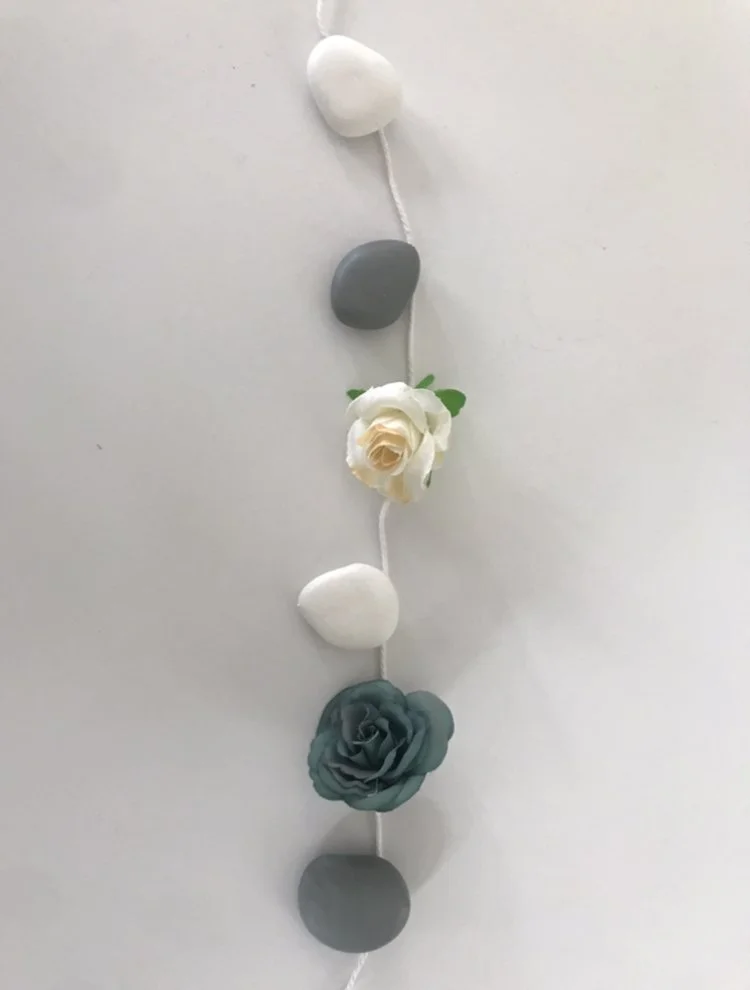How I work
I am an integrative therapist, which means I draw on multiple discourses to inform my practice. I see each person as unique. Putting you and your welfare at the heart of our work is paramount. Warmth, empathy, acceptance and honesty are key to fostering a strong therapeutic relationship, and there will be a non-judgemental and authentic approach to the work we do together.
The following are some of the main approaches I use:
Counselling
This tends to involve more short-term work, perhaps dealing with a current issue. Noticing connections with past experiences and the behaviours that result, we can develop greater awareness and explore solutions around this using goals and solution focused strategies such as Cognitive Behavioural Therapy.
Psychotherapy
Psychotherapy is likely to be longer term and looks more deeply into difficulties that are rooted in the past, identifying emotional ‘injuries’ from childhood that are largely unconscious but still felt today and how to manage and integrate them.
Sometimes it might be useful to think about past experiences, whilst at other times we might notice and respond to how your body is feeling in the moment. Exploring thoughts and feelings, what situations trigger them and how you respond can all provide a ‘more joined-up’ experience of yourself, leaving you feeling more grounded in who you are.
Trauma Therapy
Trauma can result following a distressing or frightening event such as a car accident, assault, domestic abuse, bullying, rape, military/police/hospital service and/or any repeated or prolonged experiences such as childhood abuse or neglect. We now recognise that situations where we feel out of control, powerless to protect ourselves or unable to cope can leave an emotional wound long after the traumatic event has ended.
For some people life may feel unsafe. Their bodies are constantly on high-alert looking out for potential danger – it can feel as though you have one foot flat down on the accelerator and the other flat down on the brake.
For others, they may feel numb, isolated, or detached from life. Safety, trust, power, self-esteem and intimacy are all areas that can become negatively impacted by trauma, while relationships can become extremely challenging to navigate.
Other common problems can include anxiety, depression, flashbacks and nightmares, substance misuse, self-harm, guilt, shame and thoughts of suicide.
I work with a structured and systematic approach to trauma recovery.
Firstly, I begin with an assessment to help understand the type(s) of trauma you have experienced and how your current symptoms are impacting your life so that we can plan a way forward. We then focus on safety and stabilisation to help you feel more in control and grounded in yourself.
The next phase of treatment involves processing the traumatic memories that are keeping you stuck. There are different processes for this (imagery rescripting, prolonged exposure and cognitive processing therapy) and we will explore which is the right one for you.
The final phase involves making meaning and integrating the traumatic experience so that you can move past it and get on with your life.
EMDR Therapy
EMDR stands for Eye Movement Desensitisation and Reprocessing. This type of therapy works by replicating the eye movement we naturally experience when we process events during sleep through REM (rapid eye movement). When we suffer a traumatic event, reminders of it can become activated in the present along with the original heightened emotions and negative thoughts we felt at the time. EMDR works on reactivating the brain’s natural capacity to process such distressing memories and ‘file them away’ as an unpleasant experience that no longer feels unduly disturbing.
It can feel like an organic way of working that doesn’t require you to repeatedly talk about the distressing event. And it can help you make sense of what has happened and alleviate the impact of other symptoms such as panic, anxiety, depression and negative thoughts about yourself and the world.



